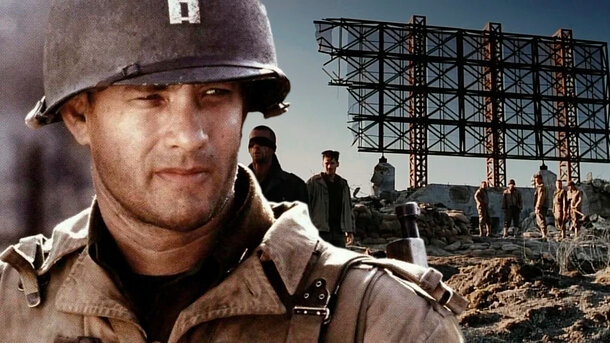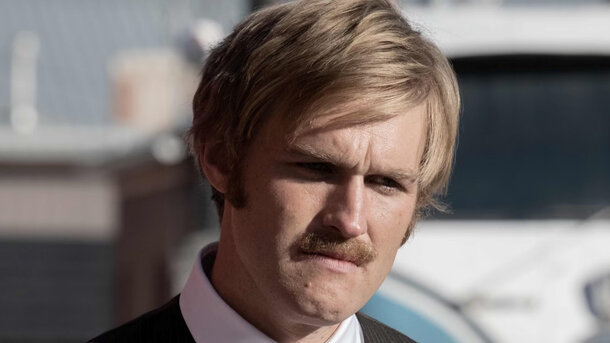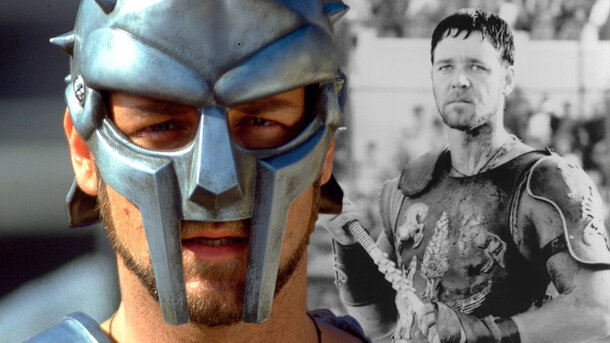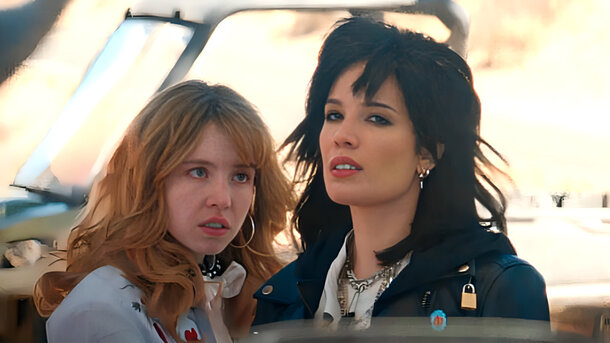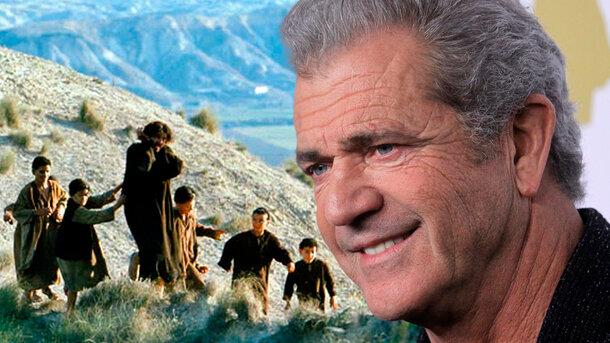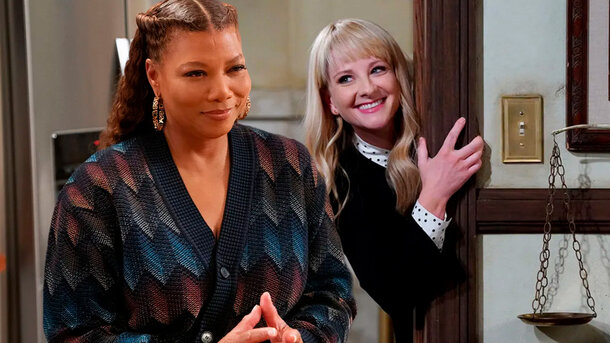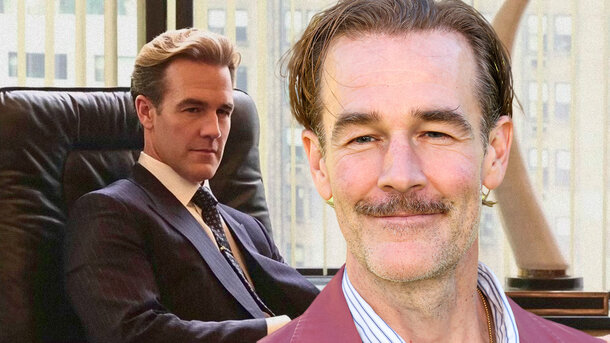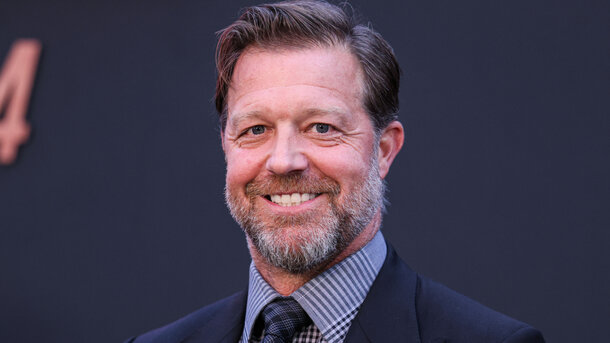Saving Private Ryan by Steven Spielberg has long held a special place on lists of the greatest war films ever made. Its spectacular staging, battle scenes, and emotional depth earned it an impressive 8.6 rating on IMDb. Millions of viewers around the world consider the film a masterpiece, and the D-Day landing scene has become one of the most iconic moments in cinematic history.
But in the world of cinema, even the most celebrated works aren’t immune to harsh criticism — especially when fellow directors take a closer look.
Why directors aren’t impressed
One of the first to take aim at Saving Private Ryan was Oliver Stone — a Vietnam War veteran and the creator of many anti-war films. Stone accused the film of romanticizing combat, claiming that it contributed to the creation of a "cult of World War II as the ‘]'good war.'" He argued that films like Saving Private Ryan, Gladiator, and Black Hawk Down helped prepare the American public to support the Iraq War in 2003. He stated plainly: "We sold ourselves on the idea that wars can be good. It was a catastrophic self-deception."
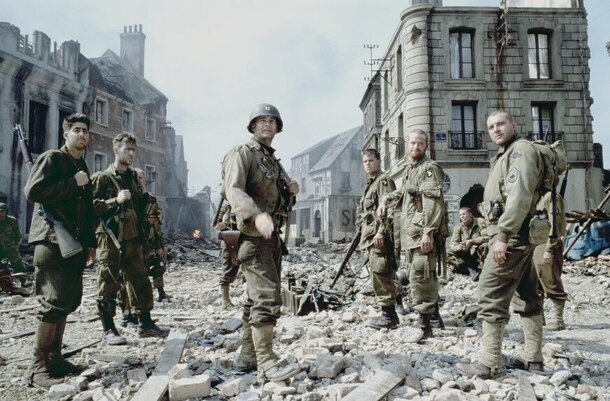
And the criticism didn’t stop there. Many filmmakers noted that despite the realistic battle scenes, Spielberg’s film still glorifies heroism in war, while a true anti-war film should not inspire but horrify. Critics argued that the film’s emotional climaxes and grand tone turn tragedy into a near-mythic tale of valor and duty.
In comparison to other war films — such as Terrence Malick’s The Thin Red Line — Saving Private Ryan appears more straightforward. Malick’s film delves into the philosophical and moral dimensions of war, portraying it as a spiritual catastrophe, whereas Spielberg, according to his critics, focuses on individual heroism and patriotism.
A great film with human flaws
Saving Private Ryan is undoubtedly a grand and emotionally powerful work that left a significant mark on cinema. But as many great directors have rightly pointed out, idealizing war — even in the most realistic packaging — carries its dangers. Instead of delivering an unequivocal anti-war message, the film at times becomes a heroic ballad, which, according to its critics, keeps it from being considered the definitive anti-war film of all time.
